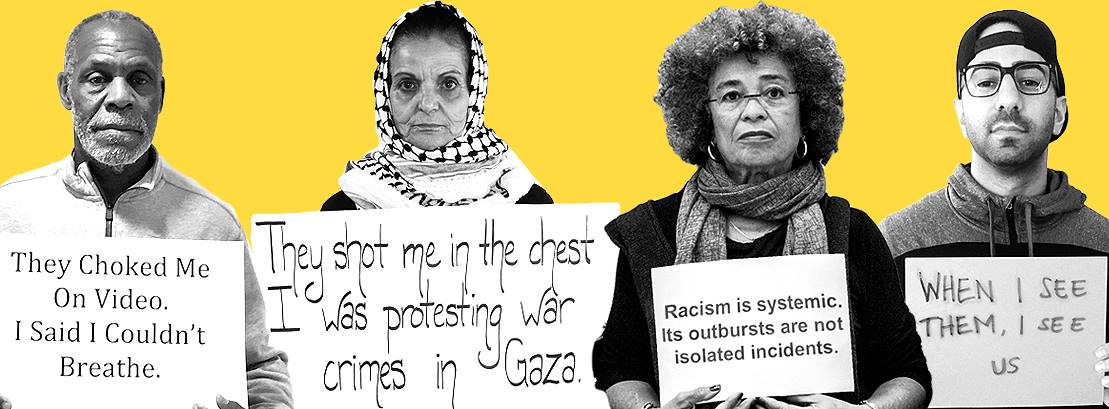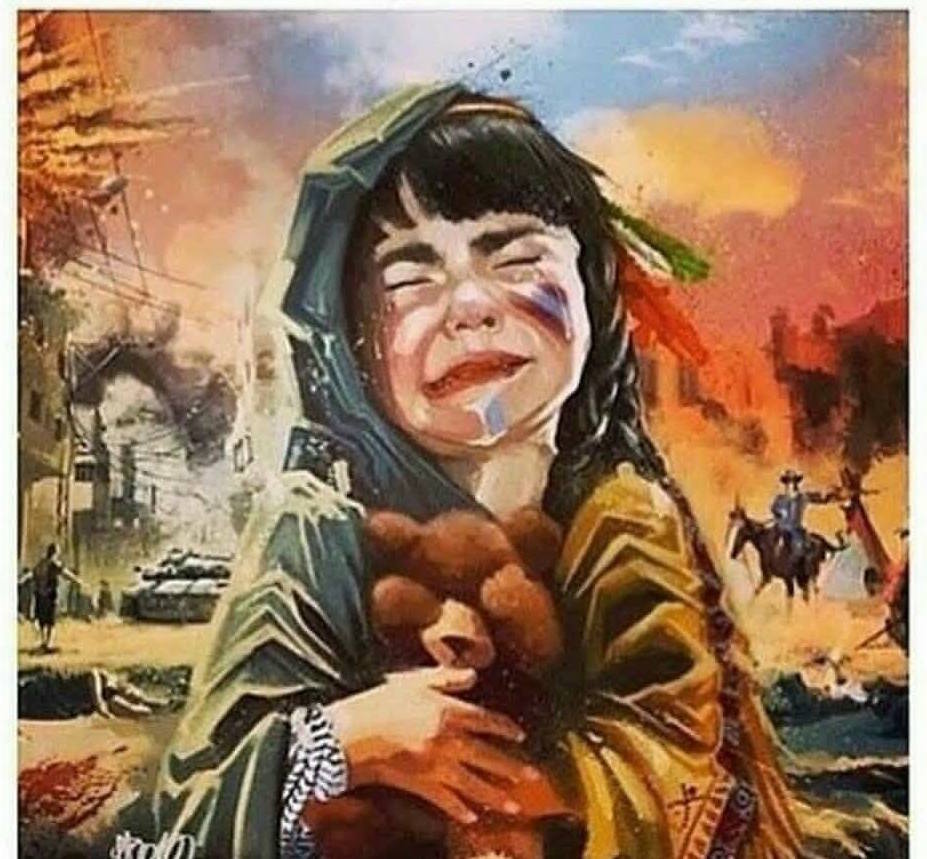2017 Reflection: African & Palestinian Solidarity is Key to Ending Zionism and Colonialism1/12/2018
Photo courtesy of Black-Palestinian Solidarity The following is a reflection from Black4Palestine member LiT following a June 2017 visit to Palestine. Read this and other reflections in our 2017 year in review newsletter. When I returned from my first trip to Palestine, I was filled with rage. I saw Palestinians fighting a three layered assault: they are separated (apartheid), dehumanized, and killed (genocide). I saw parallels between Palestine and what I learned Turtle Island (America) looked like in the first 100 years of European colonization. The Zionist’s illegal kidnapping, detainment, torture, and murder of Palestinian people and their extraction and dispossession of land and natural resources parallel the attacks on indigenous people on Turtle Island and the formation of the United States. Connecting my work with indigenous groups on Turtle Island, other African descendants, and anti-colonial struggles across the world, I look back to the Balfour Declaration - Britain’s declaration of support for a Zionist state in Palestine in 1917. The issue of Palestine is not 50 years old, but over 100 years old. So it is not enough to be anti-occupation, we have to be anti-zionist and anti-colonialist. It is not enough to end the occupation, but we must support and secure the right to return for all Palestinian refugees. We must be clear that all of “Israel” is occupied Palestinian land, not just the West Bank and Gaza. During my time in Palestine I formulated grounding principles that frame my definition of liberation:
In spite of intense Zionist violence, Palestine remains beautiful. The morning I left Palestine, two young boys saw me waiting for the bus to Qalandia checkpoint. They asked where I was going and after I told them to the airport, they walked away and returned with flowers offering “something to remember us and our land.” I felt despair when I first got back, but then I realized there’s no time for that - we must get to work. Palestinians and Native Americans share two sides of the same story, via Settler deCOLONIZATION (Facebook) Please help us make trips like this possible for more people in 2018 by supporting our work.
Comments are closed.
|


 RSS Feed
RSS Feed
